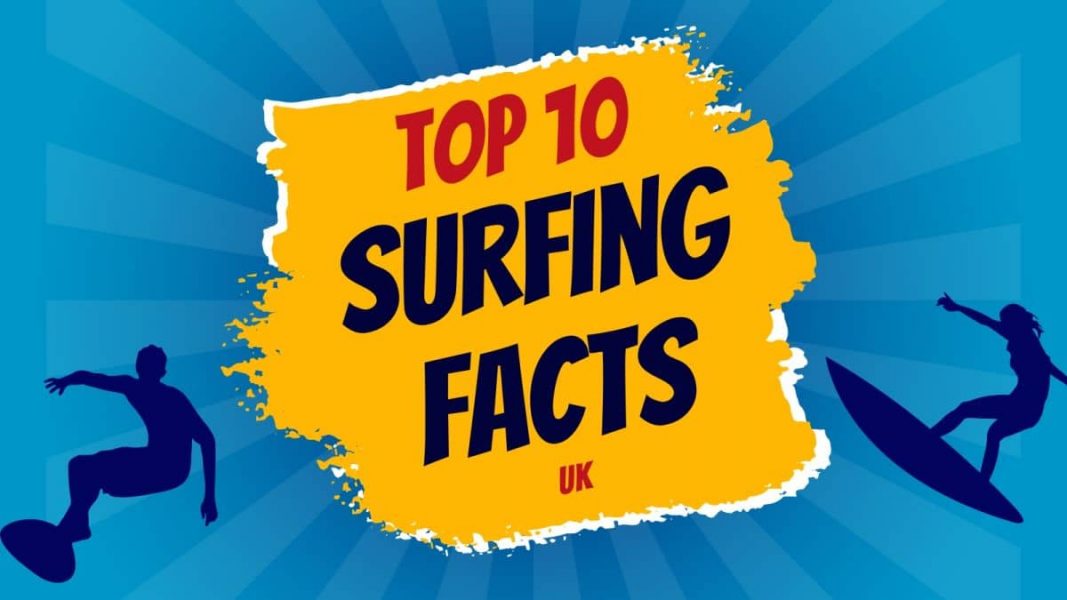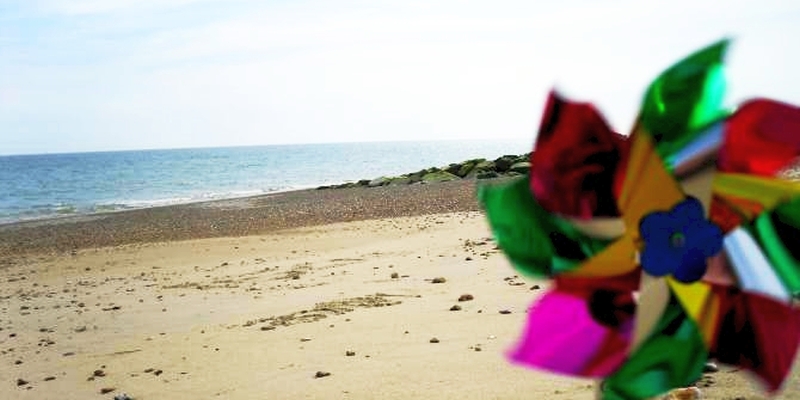
The Top 10 UK Surfing Facts of All Time
Surfing in the UK has come a long way from the early days of the surfing pioneers in the Channel Islands and Newquay. Join us as we dive into “The Top 10 UK Surfing Facts of All Time,” where we explore the fascinating milestones and cultural significance of surfing in the UK.
For a little surfing trivia, read our top 10 facts on UK surfing.
For those who prefer to keep their feet dry while exploring surfing’s rich history, visit the Museum of British Surfing in Braunton, Devon, which opened its doors in 2012. Here, visitors can dive into the fascinating story of UK surfing without getting sand between their toes. Read on for the the top 10 facts about surfing.
1. Surfing Since 1890!
From the misty shores of Cornwall to the rugged coastlines of Scotland, the United Kingdom has been catching waves for longer than you might think. In 1890, two Hawaiian princes, Prince David Kawānanakoa and Prince Jonah Kūhiō Kalanianaʻole, made a significant trip to England that led to a historic moment in British surfing history.
2. There are 500,000 surfers in the UK
Today, this exhilarating sport draws around 500,000 enthusiasts annually to our beaches, proving that you don’t need tropical climates to hang ten. But surfing isn’t just about the thrill of the ride; it’s also a significant contributor to the UK economy, generating an impressive £1.8 billion each year.
3. British Surfing Association formed in 1966
At the helm of this surfing revolution is British Surfing, the governing body that’s shaping the future of the sport. The British Surfing Association formed in 1966 to promote the sport of surfing in Britain until 2010. Surfing GB then became the governing body for surfing in the UK.
4. Scotland is home to one of the worlds Top Surfing beaches
Croyde Bay in North Devon and Fistral Beach in Cornwall the most well known surfing beaches in Britain, but some of the finest surfing takes place in Scotland. Thurso East in Caithness is considered one of the worlds premiere surf spots. The ice cold water and ideal conditions bring experienced surfers from far and wide.
5. Jersey was once considered the surf capital of Europe
Nigel Oxenden started the Island Surf Club of Jersey in 1923, read this great interview ith Jeremy Oxenden and by the 60’s was hosting hugely popular surfing championships. The first surfing championships in Jersey took place at the Watersplash in 1963.
6. The Prince of Wales was surfing in the 20’s
Edward, Prince of Wales, surfed waves in Hawaii, back in 1920’s. The Museum of British Surfing released newly discovered pictures from their archive
7. Agatha Christie was a Stand Up Surf Pioneer
Agatha Christie has been noted as one of the first stand up surfers, learning to surf while travelling to Honolulu, Hawaii in the 1920’s. Agatha Christie’s autobiography recalling her days spent on the beach,
“Oh, the moment of complete triumph on the day that I kept my balance and came right into shore standing upright on my board!”
8. The First ever UK surfboard factory opened in Newquay
Bill Bailey (27 September 1933 – 28 April 2009) considered “the father of British surfing” produced the first Bilbo surfboards in 1965 in Pargolla Road Newquay. Over the next few years the business grew and by 1970 the factory at Pargolla Road had grown to become one of the top surfboard companies in the world.
9. British Pro Surfer Russell Winter makes surfing history
British professional surfer Russell Winter was the first European surfer to qualify for the WCT tour and beat legendary Kelly Slater in a first round heat at Sunset Beach, Hawaii.
Watch: Russell Winter mentioned in this excerpt from the feature length documentary ‘The Endless Winter – A Very British Surf Movie’.
10. Most surfers on a board record broken in 1989
The record for the most number of surfers on a board was broken in 1989 at Fistral Beach, Newquay. Twelve surfers rode a 37ft longboard shaped by Tim Mellors.
Do you want to learn to surf? While The South West of England is home to the UK’s Surfing capital, there are Surf schools all around the coast.





